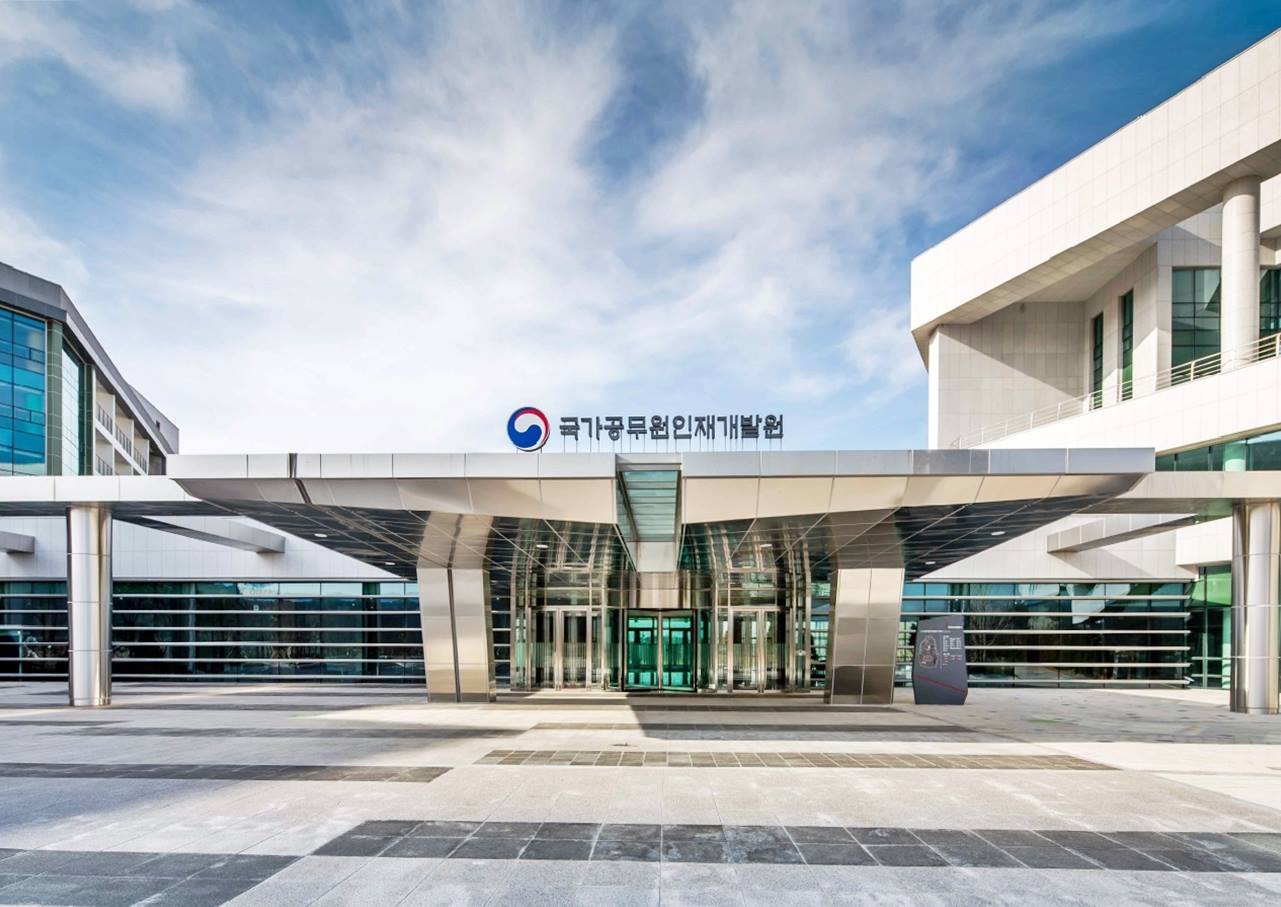In South Korea, the public service sector, long valued for its job security and social prestige, is currently facing an unprecedented challenge. A significant wave of resignations among newly appointed public servants, predominantly from the MZ generation, has emerged as a critical issue. This demographic, encompassing those born from the early 1980s to the late 1990s, is characterized by their distinct values and expectations regarding work-life balance, compensation, and organizational culture. Simultaneously, the sector is experiencing its lowest competition rates for entry positions in 32 years, pointing to a profound disinterest and disillusionment with public service careers among younger Koreans.
This burgeoning crisis not only shows shifts in career preferences among the younger generation but also signals potential long-term impacts on the functionality and efficiency of government operations. As resignations continue to climb, the ripple effects threaten to disrupt the delivery of public services, from administrative processing to citizen engagement initiatives. This article delves into the reasons behind this trend, explores the broader implications for the public sector, and examines the measures being taken by various government bodies to attract and retain their workforce, thereby ensuring the continuity and integrity of public services.
The Resignation Wave
The recent trend of resignations among the so-called MZ generation of public servants has sparked concern across various governmental sectors. Historically, public service positions have been a staple of stable career paths in South Korea, but this foundational belief is being shaken as a significant number of young workers choose to exit the public sector.
The primary drivers behind this wave of resignations are multifaceted, echoing broader generational shifts in workplace expectations and values. Key among these reasons are:
- Low Salaries: Despite the stability traditionally associated with public sector jobs, many young workers find the compensation inadequate, especially when compared to opportunities in the private sector or international organizations.
- High Workload: The sheer volume of work, coupled with often outdated bureaucratic processes, contributes to a strenuous work environment. This is exacerbated by a public sector that has been slow to adopt technological advancements that could streamline operations and reduce manual workloads.
- Workplace Stress: Stress levels are particularly high among those tasked with direct public interactions, such as in welfare or administrative roles. The stress is compounded by high expectations and the public nature of their errors and shortcomings.
- Cultural Misalignment: The MZ generation is known for valuing flexibility, work-life balance, and a congenial work environment—traits that are often at odds with the rigid and hierarchical nature of traditional Korean public institutions.
Here’s the revised version of the section in a more narrative style, focusing on explaining rather than listing:
Legislative Research Office Report
In February, a pivotal report by the National Assembly Legislative Research Service highlighted an increasing concern within the public sector: the growing rate of resignations among newly appointed public servants. This comprehensive study not only illuminated the scale of the issue but also underscored the urgent need for both immediate and long-term reforms to stabilize the public workforce.
The report notably addressed the misalignment between compensation and the demands placed on these roles. It made clear that the salaries for public servants did not reflect the intense workload and high stress that these positions entail, suggesting a serious disparity that could be driving the high turnover rates. Furthermore, the report advocated for the creation of a more adaptable and supportive workplace culture. This would mean moving away from traditional rigidities and embracing technological advancements to ease the workload, improving overall workplace conditions, and implementing flexible working arrangements to enhance work-life balance.
Responding to these insights, the South Korean government initiated a series of measures designed to make public service careers more appealing and sustainable. These included revising the salary scales for entry-level positions to make them competitive with the private sector, thus addressing one of the core dissatisfactions among public servants.
Moreover, the government embarked on policy reforms aimed at reducing bureaucratic rigidity, thereby facilitating more flexible work arrangements and enabling faster career progression for younger employees. These changes were part of a broader effort to transform the public sector into an attractive career choice for the MZ generation, who value flexibility and efficiency.
Additionally, to support a better work-life balance, the government began testing initiatives in several departments. These pilot projects focused on increasing vacation days, introducing remote working options, and implementing mental health support programs, reflecting a strategic shift from merely reacting to challenges to proactively shaping a public service that aligns with the expectations and lifestyles of modern workers.
Through these initiatives, the government aims not only to retain its current workforce but also to attract new talent, positioning public service as a desirable and forward-thinking career path.
Declining Popularity of Public Service Jobs
The allure of public service careers in South Korea has seen a marked decline, a trend starkly illustrated by the plummeting competition rates for public service examinations. This year, the entry-level national competition for grade 9 public service positions recorded an average of just 21.8 applicants per post, the lowest since 1992. This significant drop from past figures signals a shift in how the public, especially the younger generations, perceives government jobs.
The decreasing interest in public service roles can be attributed to several factors that resonate deeply with the MZ generation’s career aspirations and lifestyle preferences. Traditionally, public sector jobs were sought after for their job security and benefits, but these factors alone no longer suffice to attract or retain young talent. Today, the MZ generation seeks more than stability; they prioritize flexibility, work-life balance, and a workplace culture that aligns with their values—areas where the public sector has historically lagged.
Furthermore, the perception of public service as a lucrative career path has diminished. Comparisons drawn between the public and private sectors reveal significant gaps, particularly in terms of salary and opportunities for rapid advancement. The bureaucratic nature of public service, coupled with its slow pace of reform and innovation, also deters many who thrive in dynamic and fast-evolving environments.
The consequences of this trend extend beyond individual career choices. A diminished interest in public service positions affects the government’s ability to maintain a skilled and motivated workforce. This, in turn, impacts the quality and efficiency of public services, which rely on talented individuals to manage and execute a wide range of critical functions.
In response to these challenges, the government has been compelled to reevaluate its strategies for recruitment and retention. Addressing the concerns of the MZ generation, efforts are being made to reshape public service into a more attractive and rewarding field. These efforts include not only competitive salary adjustments but also enhancements in workplace culture and employee benefits designed to meet the expectations of a new generation of workers.
Voices from the Field
The narrative of public sector resignations becomes more vivid and compelling through the voices of the public servants themselves. Their firsthand accounts shed light on the everyday realities and challenges that drive their decisions to leave government positions.
Lee, a welfare service worker in a Seoul-based administrative center, exemplifies the struggles faced by many in the public sector. “The pay does not match the intensity of the work,” Lee states, expressing a common sentiment among his peers. The frustration is exacerbated when faced with public complaints and high-stress situations, which are frequent in customer-facing roles. “Dealing with an overwhelming number of complaints daily is not only stressful but also demoralizing when the compensation and recognition do not reflect the effort and emotional toll involved,” he adds.
Many public servants like Lee feel a sense of “relative deprivation” when they compare their career conditions to those in other sectors. This feeling stems from not only financial disparities but also differences in work-life balance, social status, and professional growth opportunities. Despite the job security traditionally associated with public service, the lack of competitive salaries, career advancement, and modern work environments drives many to reconsider their career paths.
This sense of dissatisfaction is echoed across various levels of public service, where employees see their friends in the private sector enjoying more flexible hours, telecommuting options, and a faster pace of career progression. The rigid, hierarchical nature of public institutions often contrasts sharply with the more dynamic and employee-centered cultures found in many private companies.
The cultural disconnect extends beyond personal grievances and taps into broader generational shifts. The MZ generation, which now forms a significant portion of the workforce, places great value on corporate culture, personal fulfillment, and societal impact. These values often clash with the traditional structures and norms of public sector organizations, which are perceived as slow-moving and resistant to change.
As public servants continue to voice their concerns and experiences, it is clear that addressing these issues requires a fundamental shift in how public institutions operate and engage with their employees. The need for reforms that align with modern workplace expectations is more urgent than ever if the public sector is to remain a viable and attractive option for young professionals.
Government and Local Initiatives
In response to the growing discontent among MZ generation public servants and the alarming turnover rates, the South Korean government, along with various local authorities, has embarked on several strategic initiatives. These measures are aimed at enhancing the appeal of public service careers and making them more competitive with the private sector.
One of the first steps taken by the government was to address the issue of compensation, which has been a significant point of contention for public servants. Recognizing that competitive salaries are crucial for attracting and retaining talent, the government recently announced an increase in the starting salaries for grade 9 public servants. The increase, which amounts to an overall adjustment of 6%, is intended to bring public sector pay more in line with industry standards. This change reflects an understanding that without fair compensation, the sector will continue to lose skilled individuals to better-paying alternatives.
Beyond financial compensation, the government has introduced initiatives aimed at improving the overall quality of life for public servants. These include increasing the number of vacation days, implementing more flexible working conditions such as remote work options, and speeding up promotion cycles. Additionally, special attention has been given to enhancing support systems, such as mental health services and professional development programs, to ensure that public servants feel valued and supported in their roles.
Local governments have also taken creative steps to retain young public servants. For instance, several districts in Seoul and other regions have implemented a “birthday leave” policy, allowing employees to take a day off on their birthday or select another significant day for personal leave. This policy is part of a broader effort to humanize the workplace and acknowledge the personal lives and needs of employees.
Further, in areas like Gangwon Special Self-Governing Province and Suncheon in South Jeolla Province, policies have been adopted that allow public servants to choose special leave days for significant personal milestones, such as weddings or family celebrations. These policies are examples of how local authorities are trying to make public service careers more appealing and aligned with the values of the MZ generation, who appreciate a greater integration of work and personal life.
Conclusion
The landscape of public service in South Korea is at a critical juncture. Faced with surging resignation rates among the MZ generation and record-low application rates, the public sector is grappling with profound challenges that threaten its stability and effectiveness. We have explored the multifaceted reasons behind these resignations, from inadequate compensation and high workloads to a cultural misalignment with the values of younger generations.
The government’s response, as outlined in the comprehensive report by the National Assembly Legislative Research Service, has catalyzed a series of reforms aimed at revamping the public sector’s appeal. Salary adjustments, enhanced work-life balance initiatives, and local efforts to make public service careers more attractive are steps in the right direction. These initiatives not only aim to retain the existing workforce but also to make public service a competitive option for future generations.
However, the true test will be the implementation and impact of these reforms over time. Will these changes be enough to stem the tide of resignations and attract new talent? Or will the public sector need to undergo even more radical transformations to align with the evolving expectations of the workforce?
As South Korea continues to navigate these challenges, the effectiveness of these measures will be closely watched by policymakers and the public alike. The goal is clear: to create a public service that is not only efficient and resilient but also a desirable place to work for ambitious, talented individuals who are eager to serve their country. The journey toward this goal will require continued innovation, adaptation, and commitment from all stakeholders involved.



